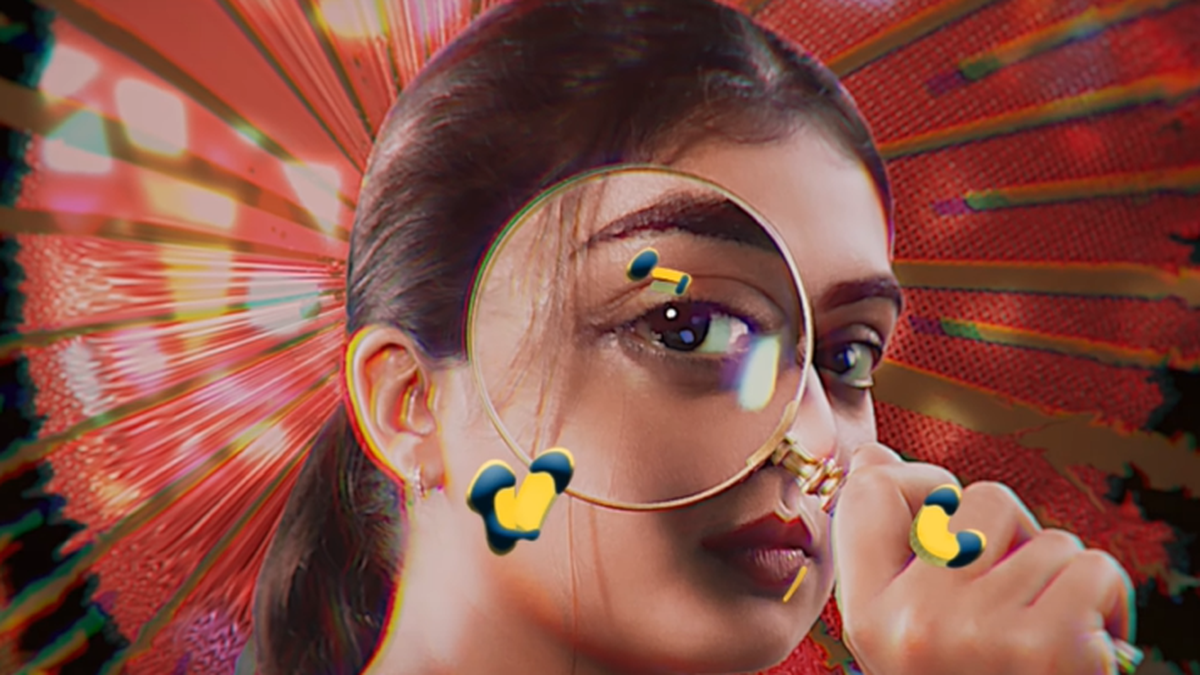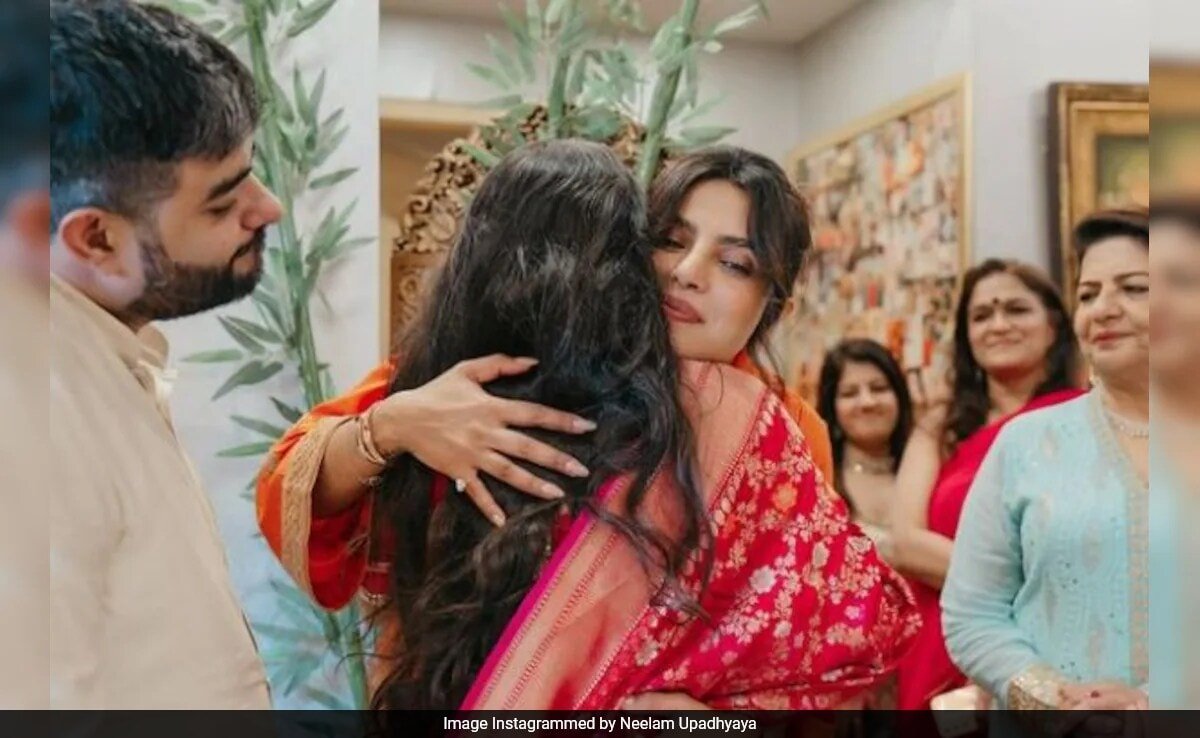‘Dull-u, dull-u’, goes a song in the film Ratha Pasam, released on August 14, 1954. The career of the young man C.V. Sridhar, who wrote the story, was anything but dull. Veteran actor T.K. Shanmugam was the one who chose the title Ratha Pasam and took it to the screen from the stage. Sridhar’s future began to look up. Soon, he became a partner in the production house, Venus pictures.
Kalyana Parisu, Sridhar’s directorial debut in 1959, was a phenomenal success. The comedy track, which had Thangavelu, pretending to be a famous writer, was brought out as a 78rpm record. But the comedy does not dispel the heaviness in the air.
At the end of the film, you have this niggling question — isn’t it far better to be breezy and jaunty like Thangavelu, treating all of life as a joke, than to fret over a lost love the way Gemini does?
Did Sridhar, perhaps, want us to ponder this?
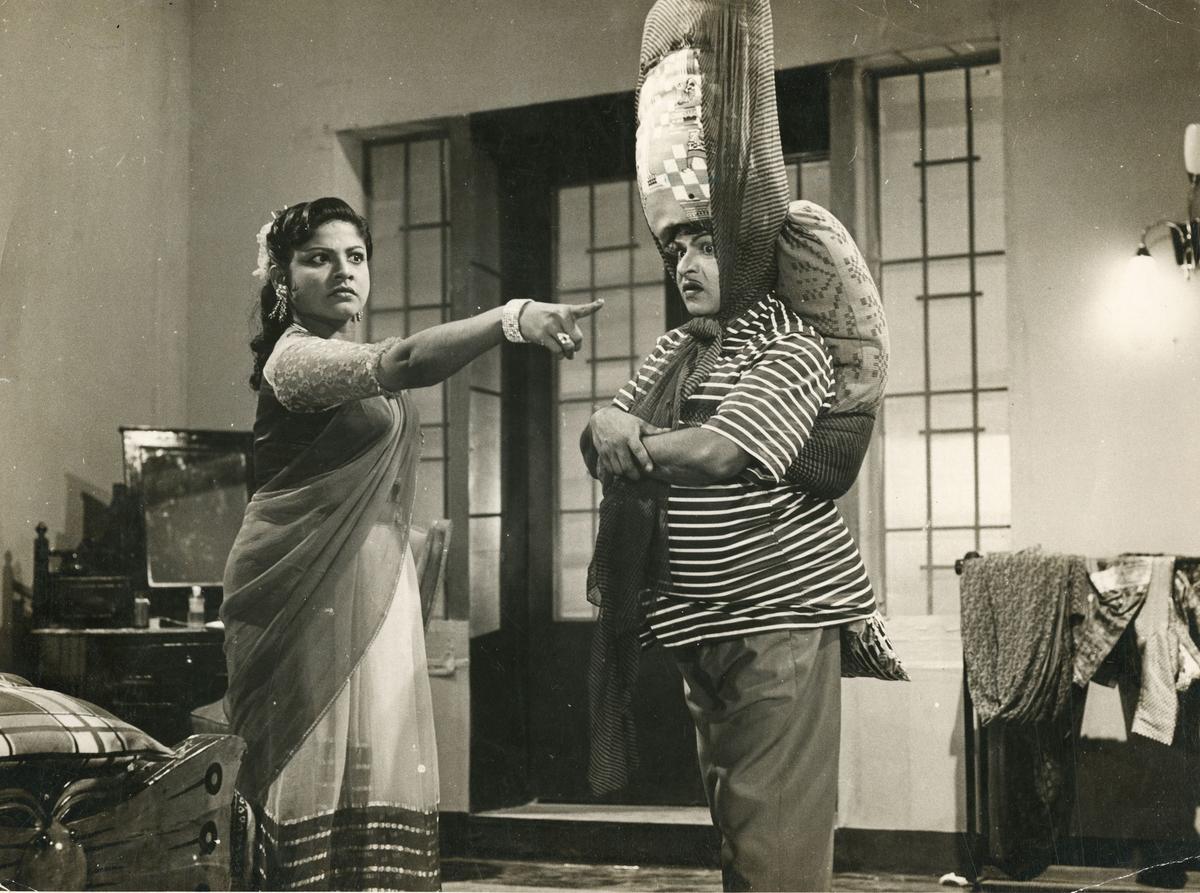
M. Saroja and Thangavelu in Kalyana Parisu.
| Photo Credit:
The Hindu Archives
Sridhar’s canvas was broad and he went on to make films in Telugu, Kannada and Hindi. He paid particular attention to the songs in his films, and was hard to please. Nenjil Or Alayam, which won a Presidential award, was shot entirely in a hospital setting, and the atmosphere was sombre.
The release date had been fixed and re-recording was to begin the next day, when Sridhar asked for a song to lighten the mood. “My father wrote the lyric ‘Muthana Muthallavo’ in less than 10 minutes, and the scene was shot late in the night,” says Kannadasan’s son Annadurai. Likewise the song ‘Poo sumanthu pogiral’ (film Policekaran Magal) was an afterthought, but turned out to be a fitting finale to the film.
There was one occasion when Sridhar was not happy with anything MSV-TKR and Kannadasan came up with. He took them with him to Bombay, hoping the change of environment would help. A month went by, before the music directors gave him a tune he liked, and Kannadasan managed to capture the elusive Muse. The result was the song ‘Nenjam marappadillai’, an ethereal melody about love.
After he had recorded the song ‘Vizhiye kadai ezhudu’ for MGR’s film Urimaikkural, Sridhar was told that MGR’s approval was required. Kannadasan was politically opposed to MGR at that time. So, upon his suggestion, Sridhar told MGR that Vaali had written the song. “MGR recognised the Kannadasan stamp at once. However, he wanted the song to be included in the film,” says Annadurai.
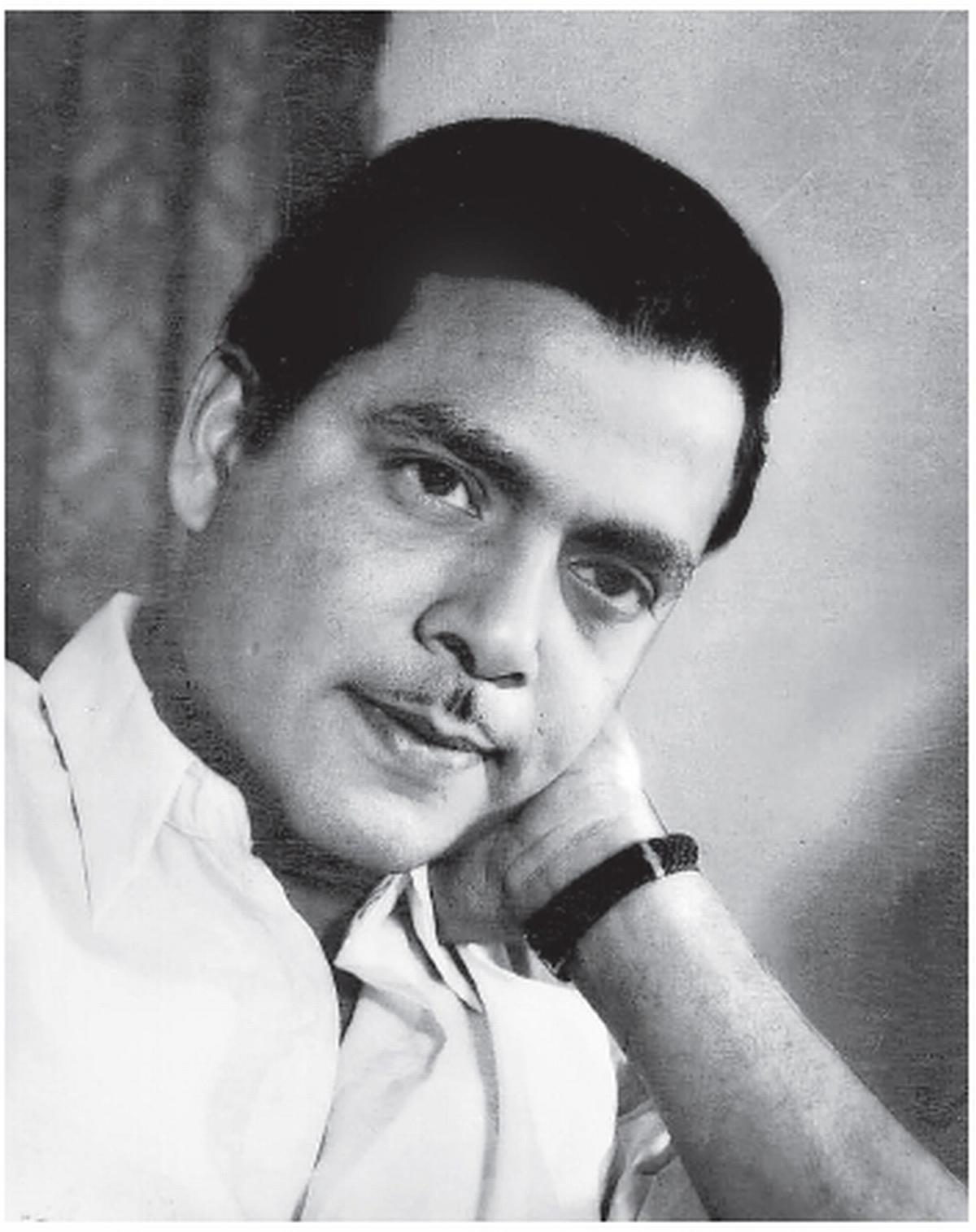
C.V. Sridhar.
| Photo Credit:
The Hindu Archives
Amara Deepam had two music directors — Chalapathy Rao and G. Ramanathan. But the MLV song ‘Yenge maraindayo’ was tuned by her guru GNB.
M.S. Perumal, former station director Doordarshan, says that ‘Oru naalile’ (film Sivantha Mann) was originally sung by Balamuralikrishna. T.M. Soundarajan pointed out that in the ‘Oru naal podhuma’ song (film Thiruvilaiyadal), TMS’s voice for Sivaji was the one that ‘defeated’ Balamurali’s voice (for Balaiah). TMS was skeptical about how Sivaji’s fans would respond if the ‘defeated’ voice sang for Sivaji. “The Balamurali recording was dropped, and the tune was changed slightly to suit TMS’ voice,” says Perumal.
“Sridhar ran a 16-page broadsheet on films, called Chitralaya, the name of his production house too. It was printed on glossy paper,” recalls Annadurai.
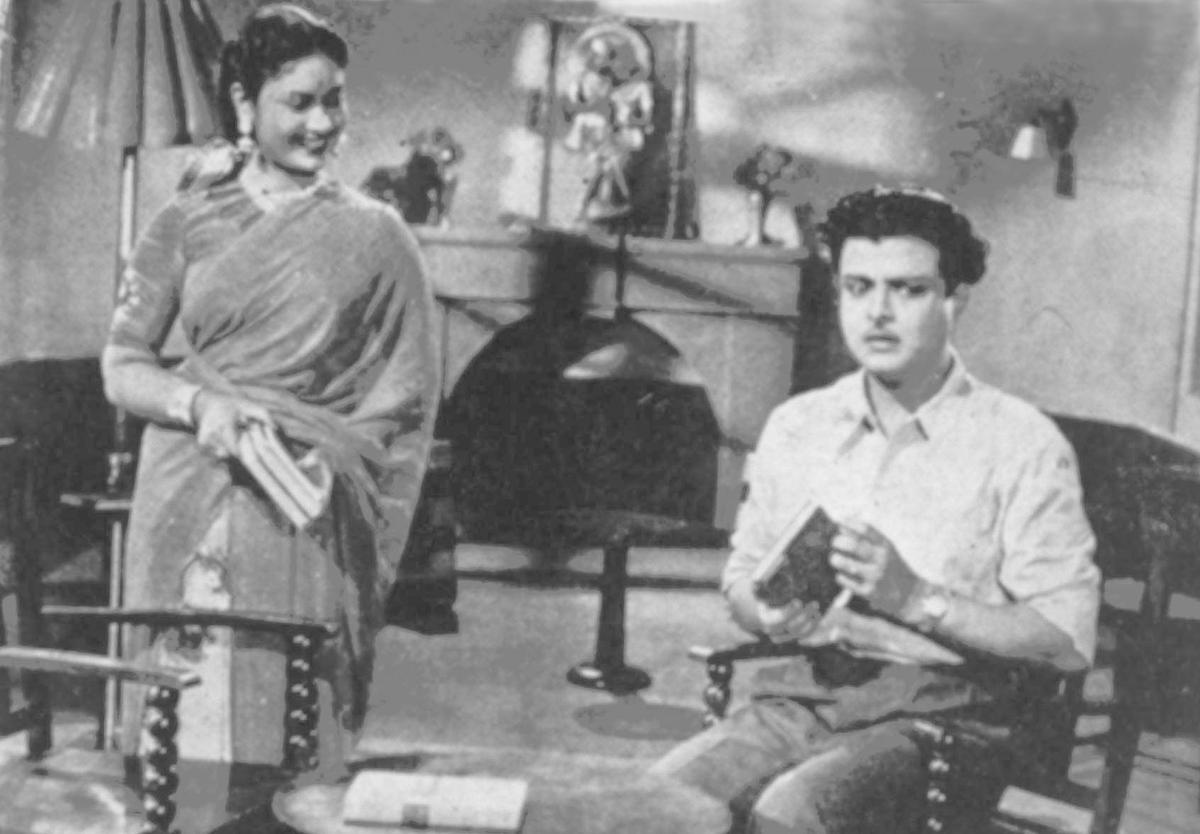
Savithri and Gemini Ganesan in Maaman Magal.
| Photo Credit:
The Hindu Archives
Sridhar had a great sense of humour. Even in a serious film like Maaman Magal, there was no dearth of subtle wit. In one scene, comedian T.S. Durairaj observes that the visitors to Balaiah’s house must be husband and wife, because the man has no opinion of his own, but agrees meekly with everything the woman says. Sridhar penned a delightful comedy —Yaar Paiyyan, in which the little boy Poori (played by Daisy Irani) latches on to unmarried Gemini Ganesan. Every time someone asks Poori who his father is, he points to Gemini and declares, “Maaganam porundiya Srimaan Sundarrajan (the Honourable Mister Sundarrajan.”
But Sridhar’s most memorable comedy was Kadalikka Neramillai released in 1964, with terrific lines for Nagesh from the pen of Sridhar’s friend Gopu. Why did the later comedies Utharavindri Ulle Vaa and Ooty Varai Uravu not acquire the cult status of KN, although they were just as funny? The answer is not far to seek. Utharavindri Ulle Vaa has a villain trafficking in women, an unwed mother, and an abandoned child. Besides, Mali is left alone, while all his friends are paired off with their lovers. Ooty Varai Uravu has a villain chasing an heiress and rich Balaiah abandoning his daughter. But Kadalikka Neramillai has no negative tropes, no narrative tension. Even when Ravichandran is sacked from his job, he demands his job back, through a song and a dance!
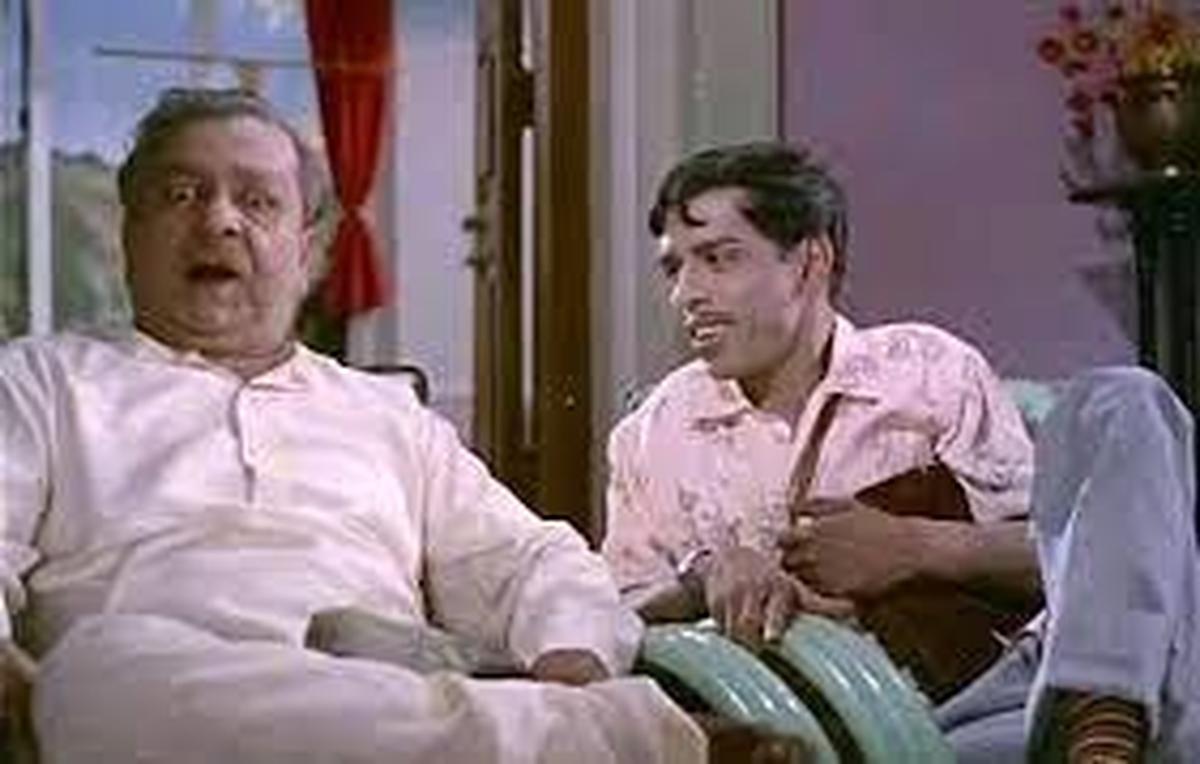
The iconic comedy track featuring Nagesh and Balaiah from Kadalikka Neramillai
| Photo Credit:
The Hindu Archives
Instead of Kadalikka Neramillai, Sridhar could have given us a film where the heroes handled problems more philosophically, to compensate for the dejected heroes of some of his earlier films. But, to borrow a line from P.G. Wodehouse — “dismay — that perspiration of the soul” cannot be “absorbed by the pocket handkerchief of philosophy.” So Sridhar gave us the only anodyne that would work — the dream world of Kadalikka Neramillai, where nothing could go wrong.
That is why, even today, Kadalikka Neramillai appeals to impetuous youth and world-weary elders.
Kadhalikka Neramillai
Utharavindri Ulle Vaa
Ooty Varai Uravu
Nenjam Marappadillai
Nenjil Oru Aalayam
Thiruvilaiyadal
Source link

